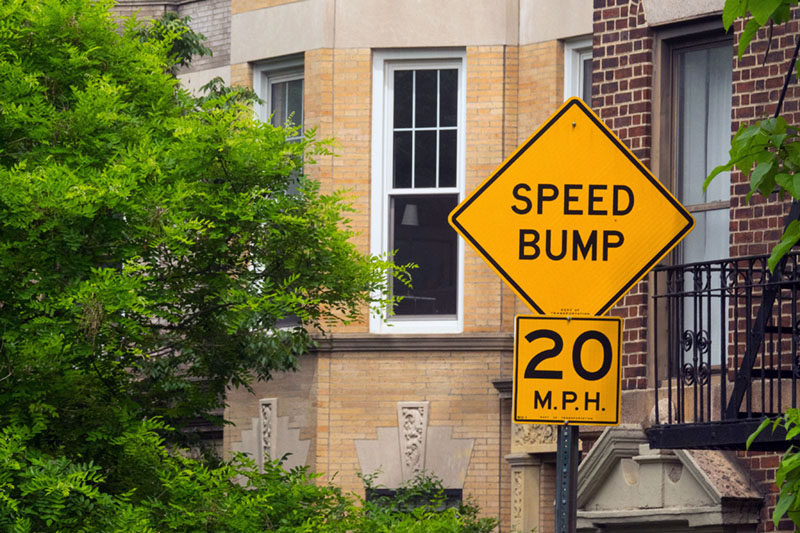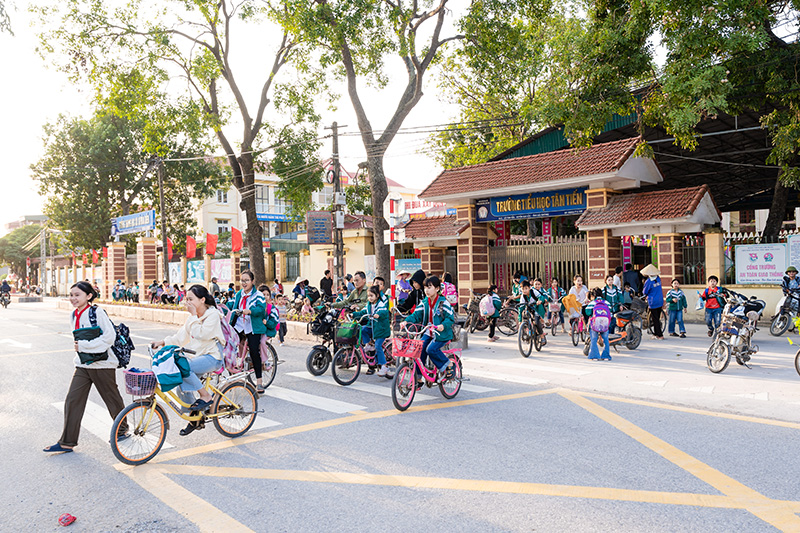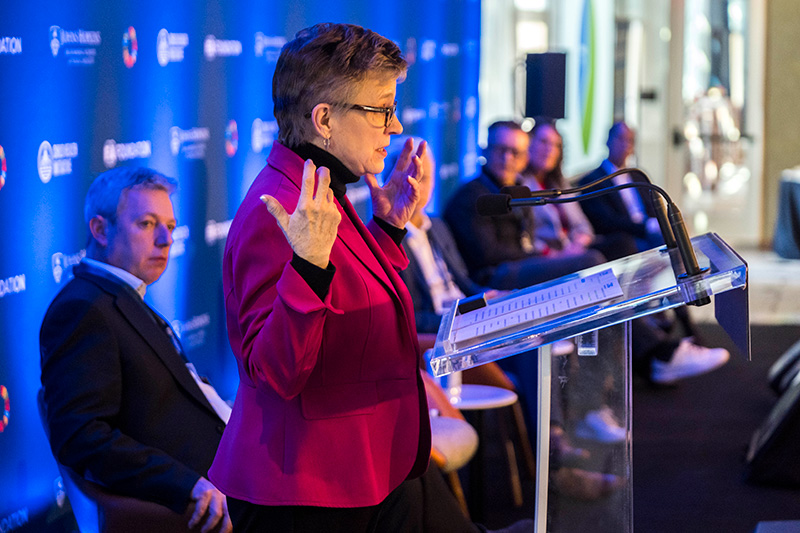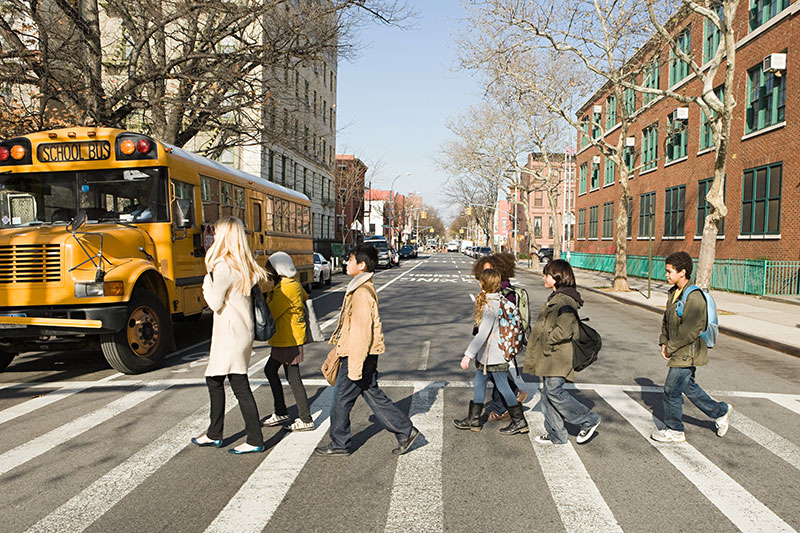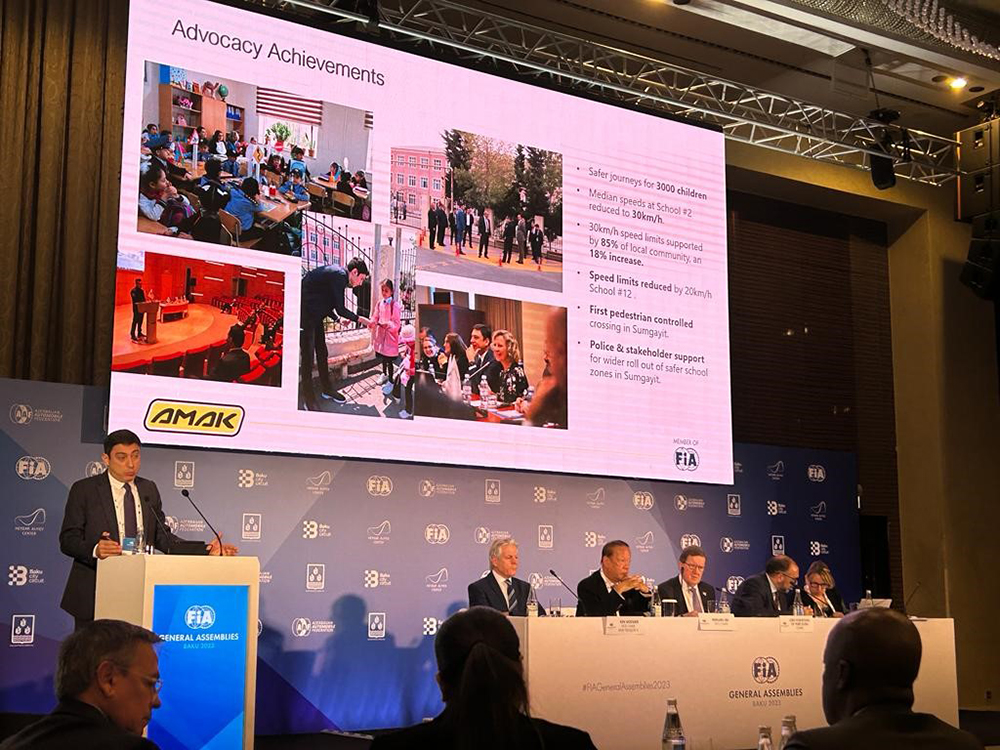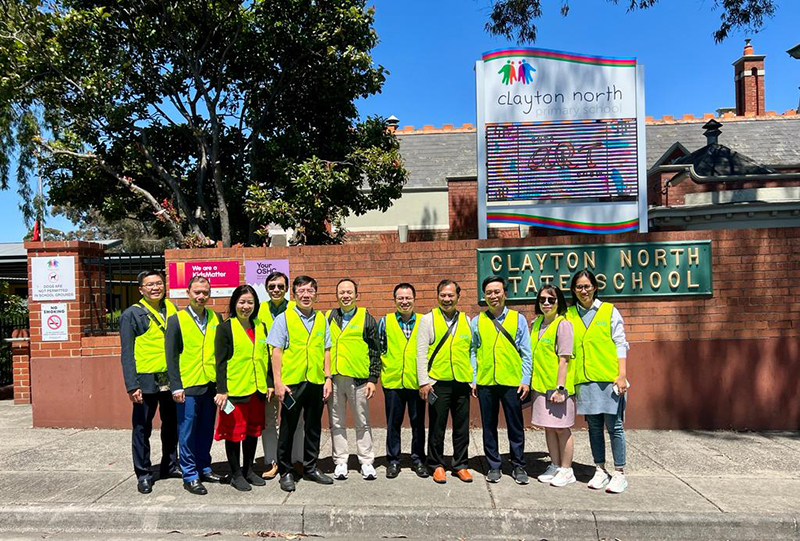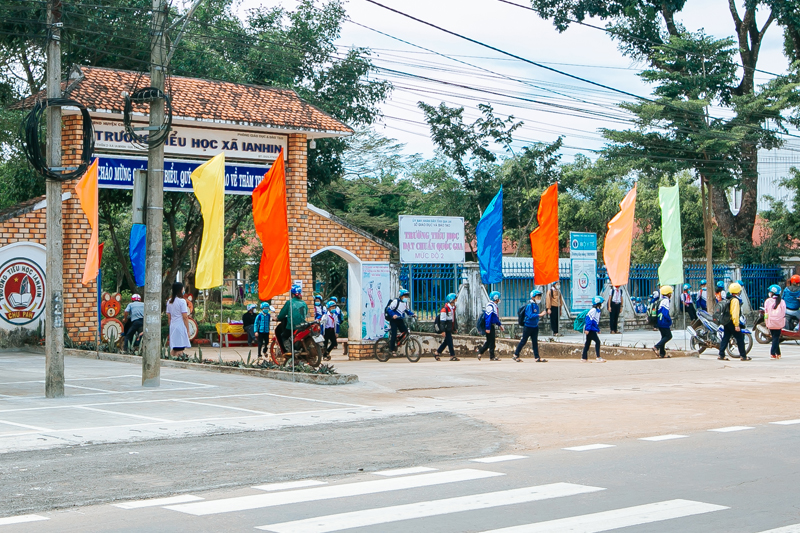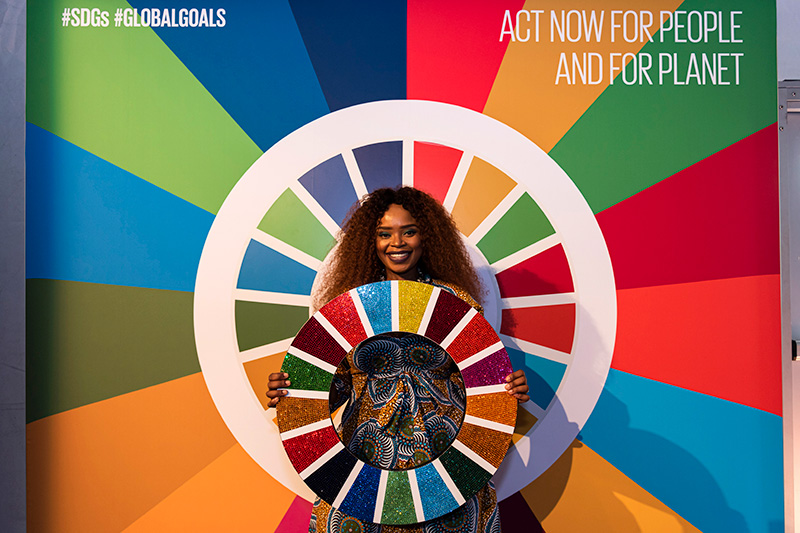UNEP launches Global Outlook report on Walking and Cycling
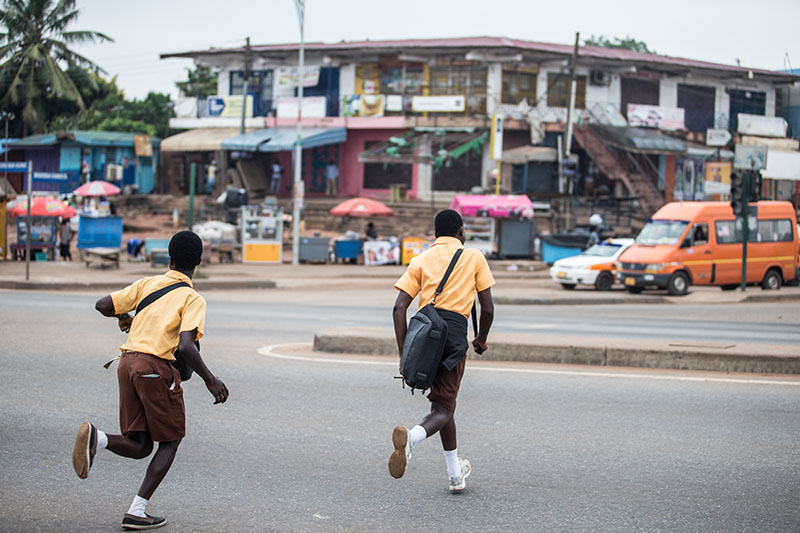
A new report by Share the Road, led by UN Environment Programme, and funded by the FIA Foundation, highlights the importance of investment in walking and cycling infrastructure in cities worldwide. Currently a lack of investment in safe walking and cycling infrastructure is contributing to the deaths of millions of people and failing to contribute to the fight against deadly air pollution and climate change.
The report, launched at Habitat III, surveys the progress towards safer walking and cycling infrastructure in over 20 low- to middle-income countries across Africa, Asia and Latin America, where compared with high-income countries, twice as many more people die in road traffic crashes. Of the countries included in the report, four African countries were the most dangerous to walk and cycle. In Malawi, a total of 66 per cent of all road fatalities were pedestrians and cyclists; in Kenya 61 per cent; South Africa 53 per cent; Zambia 49 per cent; and in Nepal 49 per cent.
The report provides detailed summaries for each country which include key non-motorised transport commitments and policy goals or policy statements. It also uses the survey responses to form a first active mobility index, which highlights the status of countries’ walking and cycling policy and planning and performance and implementation.
Motorized transport is responsible for a quarter of global carbon dioxide (CO2) emissions and is the fastest growing sector in greenhouse gas emissions. Poor air quality, in part due to vehicle emissions, is estimated to cause around seven million premature deaths each year and is increasing health problems like bronchitis, asthma, heart disease and brain damage.
Erik Solheim, Executive Director of UN Environment, said: “In Nairobi alone, 500 pedestrians are dying each year. This is a staggering number. Designing transport systems around cars puts more vehicles on the road, increasing both greenhouse gas emissions and deadly air pollution. We must put people first in transport systems.”
Share the Road’s report urges countries to:
- Draft national and local policies for Non-motorized Transport (NMT), and if they already exist, immediately act to implement them.
- Increase spending on walking and cycling infrastructure to at least 20 per cent of transport budgets.
- Ask NMT users where they walk and ride – pay particular focus to vulnerable users, such as women, children, elderly and people with mobility challenges.
- Actively champion NMT – political will is not only about policies, it is about giving walking and cycling equal status to private cars.
